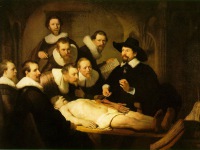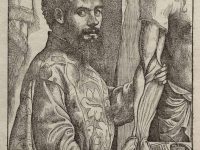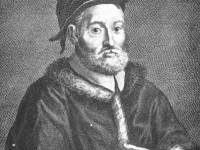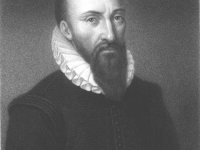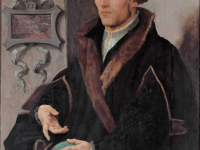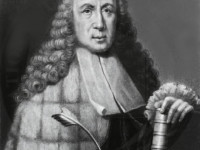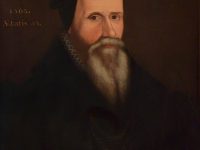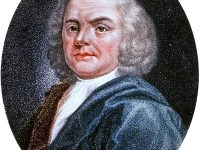Rembrandt and The Anatomy of Dr. Tulb
On January 16, 1632, Dutch master painter Rembrandt van Rijn attends a public lecture of physician Nicolaes Tulp, where the body of the executed mugger Adriaan Adriaanszoon was disected. In the consequence of this experience Rembrandt painted his famous picture ‘ Anatomy Lesson of Dr. Nicolaes Tulp‘. Rembrandt van Rijn Rembrandt Harmenszoon van Rijn is generally considered one of the greatest painters and printmakers in European art history and the most important in…
Read more

